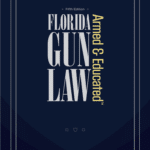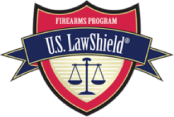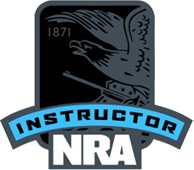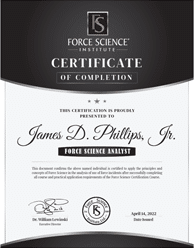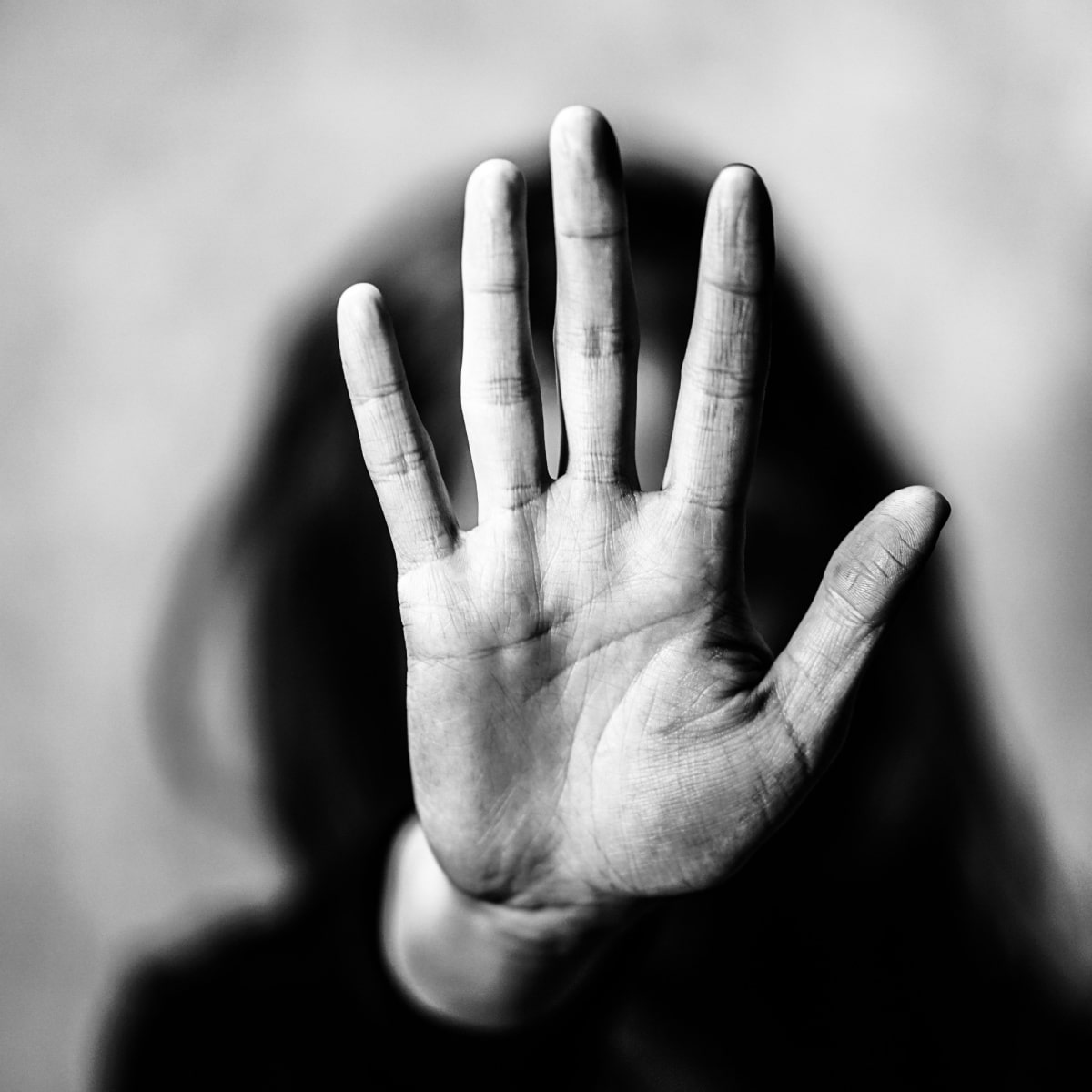
- October 26, 2023
- |
- 2nd Amendment Rights,Domestic Violence,Florida Carry Laws FAQ
Domestic Violence and Florida Firearm Rights
Federal and state law both affect an individual’s firearms rights after a domestic violence conviction.
Both federal and state laws govern the effects of a domestic violence conviction on an individual’s firearm rights. Per federal law, a person who has been convicted in any court of a misdemeanor crime of domestic violence cannot possess a firearm or ammunition in any state. 18 U.S.C. §922(g)(9). In addition, state laws may impose their own restrictions. In Florida, your right to carry a concealed weapon or firearm will be suspended as a result of an arrest or charge for domestic violence, regardless of your guilt. FL. Stat. §790.06(3). If you are not convicted, your right to carry concealed will be reinstated. However, an adjudication of guilt will result in the permanent loss of your firearm rights.
The victim’s relationship to the Defendant controls.
There is a common misconception that if a prosecutor or judge amends a charge to remove the domestic violence language from the charged offense, for example a charge of Domestic Violence reduced to Simple Battery, then the defendant’s firearm rights will not be affected. But that is simply not true. A criminal offense can be recognized as a domestic violence charge regardless of its title. In Florida, there is no one specific crime defined as domestic violence. Domestic violence can include assault, battery, sexual assault, sexual battery, stalking, kidnapping, false imprisonment, or any criminal offense resulting in physical injury or death of one family member by another family member or household member. This means that as long as the victim of the criminal offense is or was a person related by blood or marriage, shared a child in common, or resided with the defendant as a family, then the offense will be considered a crime of domestic violence. Federal law expands the definition of a family member to include a defendant who was similarly situated to the victim as a spouse, parent or guardian. In other words, the decisive factors fall within the use of force and the victim’s relationship status to the defendant. The actual injury, or the seemingly lack thereof, is irrelevant. What matters most is who the defendant harmed.
Although better than a conviction, a withhold of adjudication does not solve all gun right issues.
Instead of a formal conviction, a Florida judge may opt to withhold adjudication of guilt. Although a withhold of adjudication has many benefits over a guilty conviction, when it comes to crimes of domestic violence, gun rights are still affected. Per Florida law, a withhold of adjudication of guilt on any misdemeanor crime of domestic violence will still prohibit an individual from purchasing or carrying a concealed firearm or weapon for 3 years after probation or any other conditions set by the court are completed. This includes the payment of all court costs and fines. FL. Stat. §790.06(2)(l). Once the 3 years are successfully completed, an individual’s firearm rights will be fully and automatically restored. However, in the case of an actual conviction, the path to restore an individual’s firearm rights is much more limited. In Florida, a conviction for domestic violence generally cannot be sealed or expunged. Instead, Clemency is required to restore the specific right to own and possess a firearm. The Clemency process is extremely lengthy and is often difficult to obtain. Hence, a domestic violence charge can have permanent effects on your second amendment right to bear arms.
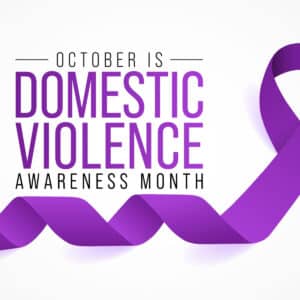
To learn about felonies with adjudication withheld, click here.
Can you expunge or seal your domestic violence charge? Visit our seal or expunge website and take the quiz to find out if you are eligible. Click Here!
Get in touch

"*" indicates required fields
Copyright © 2022-2025 The Firearm Firm All rights reserved.

